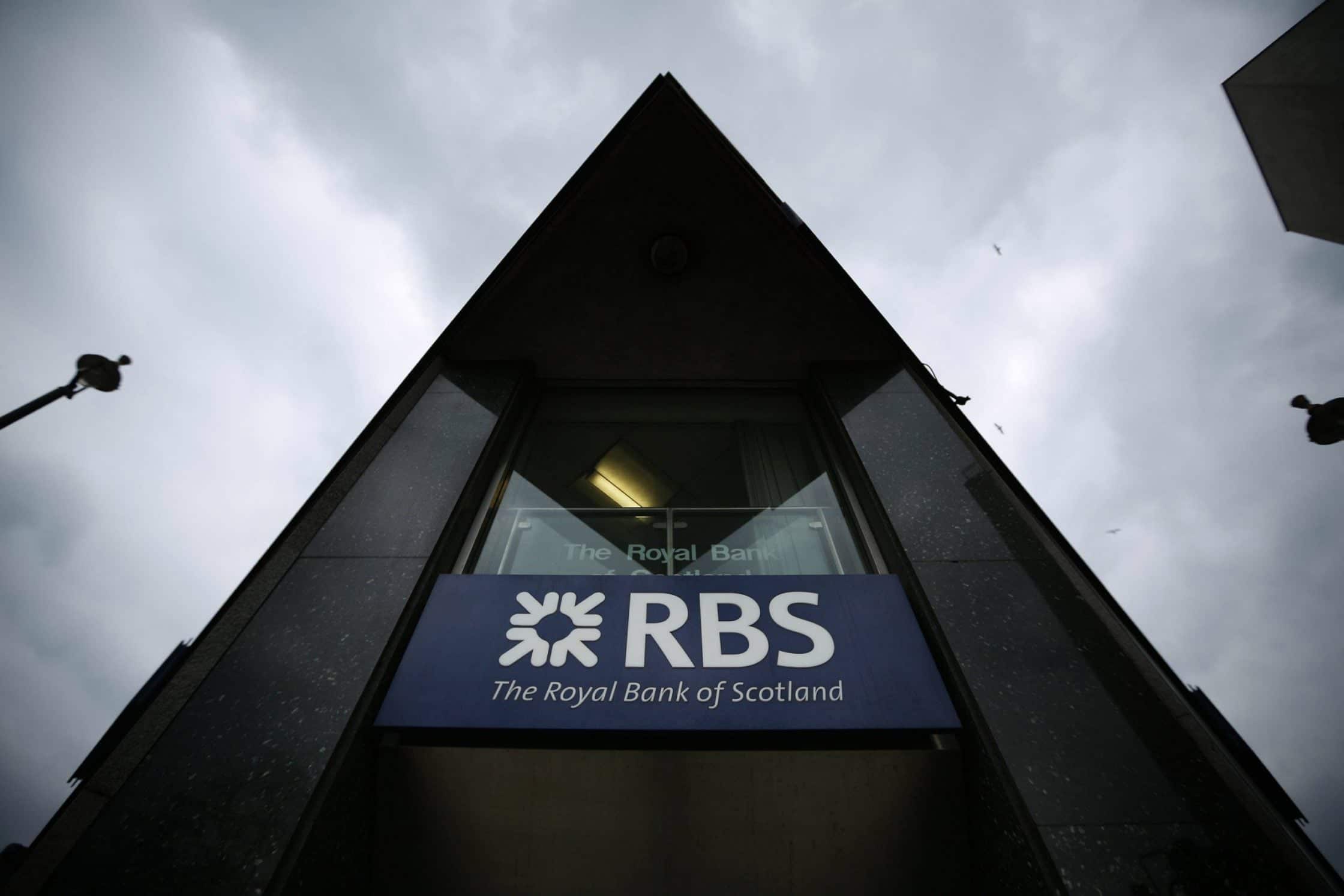The Royal Bank of Scotland (RBS) is reviewing its past sales of 1,800 Enterprise Finance Guarantee (EFG) loans to small businesses, following concerns that RBS did not properly explain the risks of EFG loans to SME customers already in financial distress. We comment on the issues relating to EFG mis-selling (which the Serious Fraud Office are reportedly investigating) and explain the options for wronged and dissatisfied customers based on our experience of ongoing EFG and other financial services mis-selling cases.
What are Enterprise Finance Guarantee (EFG) loans?
The Enterprise Finance Guarantee scheme is a loan guarantee scheme that was set up by the Government in November 2008 to encourage banks to lend to businesses who had insufficient security to obtain normal commercial lending. To be eligible for the Enterprise Finance Guarantee scheme, businesses had to meet the following criteria:
- The business had to operate in the UK;
- The business had to have a turnover of less than £41 million;
- The business had to be seeking a lending facility between £1,000 and £1 million;
- The business had to be willing to agree to repayment terms of between 3 months and 10 years; and
- The business had to operate in a sector eligible for EFG (and most sectors were eligible).
Under the Enterprise Finance Guarantee loan scheme, the Government agreed to guarantee 75% of the value of each individual loan, but had no involvement in lending decisions, which were entirely at the prerogative of the lender banks. The EFG loan scheme has been available through many lenders, including Barclays, Clydesdale, Yorkshire, HBOS, HSBC, Lloyds, RBS/NatWest, Bank of Scotland and the Cooperative Bank.
Lender banks were entitled to take security, including personal guarantees (PGs), from borrowers, even though the purpose of the Enterprise Finance Guarantee scheme was to assist businesses that lacked security by providing a Government guarantee for 75% of the value of each EFG loan. In addition to paying the lender’s fees and costs, businesses receiving an EFG loan were required to pay an additional 2% premium (based on the outstanding capital amount of the loan) to the Government in order to partially cover the cost of the EFG scheme.
How did banks mis-sell EFG loans?
It has been reported that there are a number of serious issues in relation to how banks sold Enterprise Finance Guarantee loans to their customers. Many banks failed to explain to their customers that, for each individual EFG loan, the customer would remain responsible for repaying 100% of the EFG loan (and not just the 25% of the EFG loan that was outside of the Government’s guarantee). Consequently, many customers did not realise that their liability to their bank was greater than anticipated and that the EFG loans served primarily to protect banks from the risk of loan default rather than borrowers.
Furthermore, despite having the security of a 75% guarantee from the Government, many banks obtained charges over their customers’ primary private homes or arranged personal guarantees for the sole or main purpose of guaranteeing the 25% of the EFG loan not guaranteed by the Government, even though the banks were expressly prohibited from seeking these forms of additional PG or charged security by the rules of the EFG scheme.
Advancing an EFG mis-selling claim
EFG claims can be progressed either via litigation or via the review or by both processes which can result in significant advantages for claimants resulting in an optimal financial outcome. Please contact us to discuss this further in an initial meeting.
EFG Review
RBS has indicated that it will be conducting its own review into EFG loan mis-selling, but it has failed to confirm when it will start contacting wronged customers or when its review will be concluded. However, RBS has also failed to assuage customers that the numerous problems that have plagued its handling of its IRHP mis-selling review (including extensive delays, a lack of independent scrutiny and unequal access to case files and other information) will not reoccur in relation to its review of EFG loan mis-selling. To best ensure an optimal financial outcome, we recommend that customers take legal advice and make detailed and authoritative written submissions via their lawyers rather than submitting to face to face questioning by the bank.
EFG Litigation
We consider that it is important for customers who have fallen victim to EFG loan mis-selling to maintain their option of seeking redress through legal proceedings. The period of initiating legal proceedings for EFG loan mis-selling will usually be six years from the date of the sale (or from the date when the bank first proposed an EFG loan to the customer). Given that EFG loan mis-selling has occurred since November 2008, it is likely that more victims will progressively become time-barred from seeking legal redress although s14A of the Limitation Act may provide a further three year period from the ‘date of knowledge’ of the mis-sold EFG. Those customers will then risk finding themselves with no or limited legal recourse if RBS’s review proves unsatisfactory (or if they were mis-sold and EFG loan by another bank).
We therefore consider it essential that the victims of EFG loan mis-selling seek professional legal advice at the earliest opportunity in order to enable the necessary steps to be taken to safeguard their legal rights and obtain optimal financial compensation.
